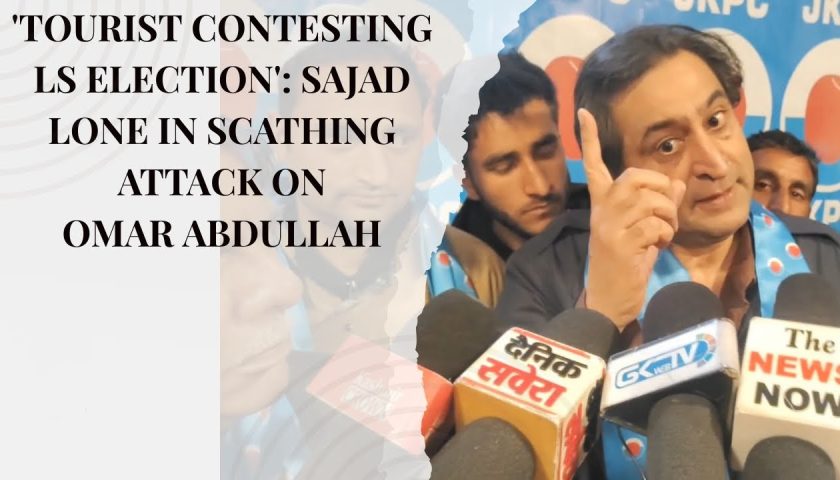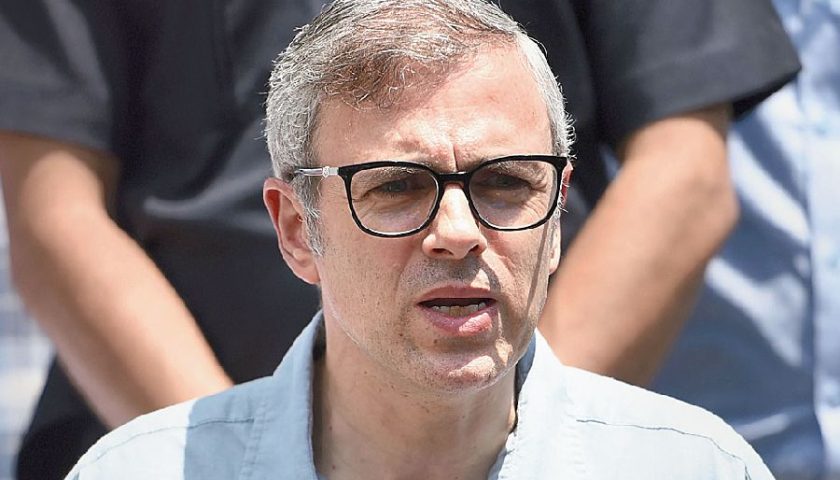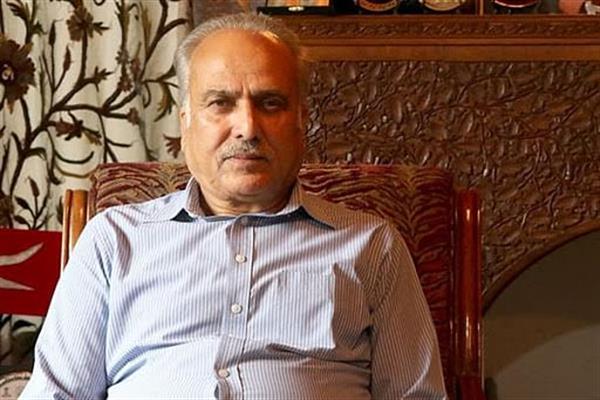At Ufa, Prime Minister Narendra Modi and his Pakistani counterpart Nawaz Sharif had agreed to begin the stalled dialogue process between the two countries with NSA-level talks. The talks that were to discuss matters of immediate urgency — terrorism and ceasefire violations — ended in a fiasco with Pakistan refusing to adhere to Indian conditions of not talking to Hurriyat leaders and keeping Kashmir out of the agenda. Former RAW chief AS Dulat, who has played an important role in back-channel diplomacy with Pakistan, takes a look at the whole gamut of Indo-Pak relations in the light of NSA-level talks in a freewheeling interview.
 Who do you think was responsible for the failure of NSA talks?
Who do you think was responsible for the failure of NSA talks?
When you have a fiasco, it is bad enough, why blame anyone! I don’t think either side has been smart very smart about whatever has happened. Six months later you will again have to begin afresh.
We said that ice had been broken in Ufa. But subsequently, the Kashmiris started making noise, more specifically Geelani sahab (Syed Ali Shah Geelani) that Kashmir was no more on the agenda of Pakistan. When a Kashmiri leader, that too, Geelani, says something like that, then it requires a reaction from Pakistan. And they had to come back to their core issue. As rhetoric all this is fine but what happened in practical terms was a fiasco. Our external affairs minister said Hurriyat cannot be a third party. I do not think anybody can even imagine this except Geelani sahab.
Has Sushma Swaraj’s statement put Hurriyat on a higher pedestal than what it actually is?
Yes, it has, definitely. I don’t think that the Hurriyat was such a big issue. But it has been made an issue now. It has not been an issue all these years. But if in Delhi’s eyes the Hurriyat has become bigger villains or more unacceptable than ever before, then, I think, that message should be conveyed to Pakistan. Earlier when Nawaz Sharif’ came for Modiji’s swearing in, the same message was conveyed and it was respected.
These developments can have an impact on Kashmir in the sense you might be inviting Pakistan back into Kashmir. If you say separatists are a no-no then all you have is one Mufti Mohammad Sayeed and one Farooq Abdullah, both of whom are ageing. What happens afterwards?
Did Nawaz Sharif go out of his brief at Ufa by adhering only to talk on terror and ceasefire violations and keeping Kashmir out? Which is the core issue for Pakistan?
I don’t think the way Pakistan happens and the way it is run, Nawaz Sharif could have gone too far beyond his brief. I think military establishment was on board, they said try it out and all this was agreed upon. Afterwards, what happened at LoC, in Gurdaspur and Udhampur, may have been provocation by certain people. It is very difficult to pinpoint here who those certain people are. There are always spoilers in Pakistan.
You mean there are certain rogue state actors within Pakistan who do not want talks to happen?
I don’t know. It is very difficult to say, who are state (actors), who are non-state (actors), who are rogue who are proxy, the lines has become very thin. All we know is that the Godfather of all this, Hamid Gul, is not around now.
How we could have had a successful NSA-level talks?
Had the two NSAs met quietly in a third country, we might have had productive talks and may not have had this fiasco. They should have met quietly like Brajesh Mishra and Rafiq Aziz did before SAARC Summit in 2004. I was very upbeat about the NSAs’ meeting… almost sure that some good will come out of the meeting as both are very bright and special people. Aziz (Sartaj Aziz) is a very seasoned diplomat and Doval (Ajit Doval) a thorough professional. But when such talks come out in the open domain, then politics, jingoism, media bashing everything comes in and it becomes difficult.
Now as red lines have been drawn very stark, do you think there can be a fresh beginning?
There has to be. There will be. The cutest way to put it was when Sartaj Aziz said I’ll handover the dossier to Ajit Doval in New York.
But whenever a breakthrough occurs in the case of India and Pakistan, it will be only at the highest level. It always requires a summit, there is no other way.
What is required for summit-level talks?
Confidence and guts! When Vajpayee (Atal Bihari Vajpayee) took the bus to Lahore, it was not that he just got into a bus and went…the whole thing was well-thought out and it came from the heart. Modiji (Narendra Modi) also has to take an aeroplane to Pakistan and there is an excuse for it, asumm it is coming up next year. He can build it up from there.
How do the failed NSA-level talks impact us?
Look, we aspire for a seat on the higher table of UN Security Council and everybody supports us whether it is Americans or Russians. But when it comes to the crunch it does not happen. Why? Because here the question arises is that if you cannot manage your own neighbourhood, if you cannot manage SAARC, then how could you aspire for UNSC seat? Everybody would acknowledge that we are the captain of SAARC, but the vice-captain is Pakistan. You cannot wish it away.
How you see the role of Pakistan in Kashmir as of now?
Pakistanis won’t like it but the fact is that Pakistan has no interest in Kashmir except to maintain a certain level of irritation for us, so whenever it wants it can up the ante. As long as the relationship between India and Pakistan remains tense, Pakistan will not want an agreement or an understanding on Kashmir that should have happened between Musharraf (Parvez Musharraf) and Dr Manmohan Singh when the former suggested a four-point formula. That should buy us peace for 15-20 years.
If Pakistan creeps back into Kashmir then we have to blame ourselves because there have been various watersheds since 2001. In 2001, 9/11 was a huge watershed, indirectly it helped us because Pakistan was sent a very clear message by George Bush that either you are with us or against us.
From there, Pakistan had to pull back and that pullback helped us in Kashmir. That is when it dawned on Musharraf that Pakistan has its limitations, no matter how big the military thinks it is.






